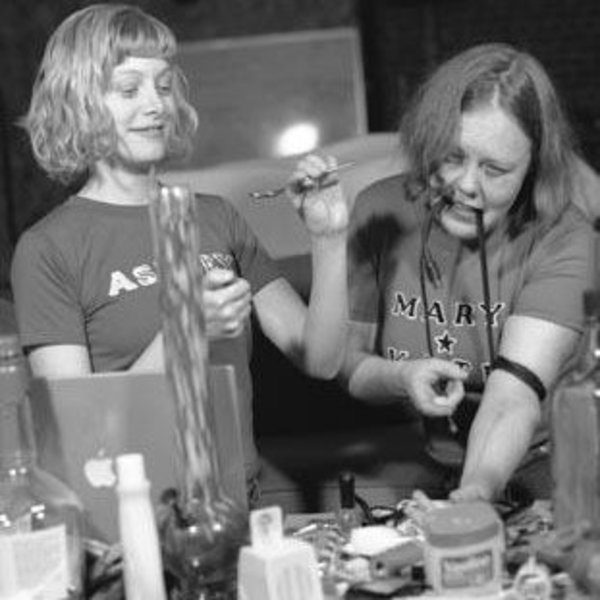Songwriters love to write songs about songs, meditating on the meaning and power of music. You can listen to my playlist Metamusic: Songs about Songs on RDIO as you read about “Your Song,” lyrics by Bernie Taupin and music by Elton John, the first of a series of posts on metamusic.
The song begins “It’s a little bit funny this feeling inside.” The feeling, of course, is love. “I don’t have much money,” John sings, “but boy if I did / I’d buy a big house where we both could live.” The songwriters, longtime collaborators, may not have had much money when they wrote the song, but it became their first pop hit and is now worth a fortune, enough to buy two or three houses.
Continue reading “A Self-Reflective Song: “Your Song” by Elton John and Bernie Taupin”





